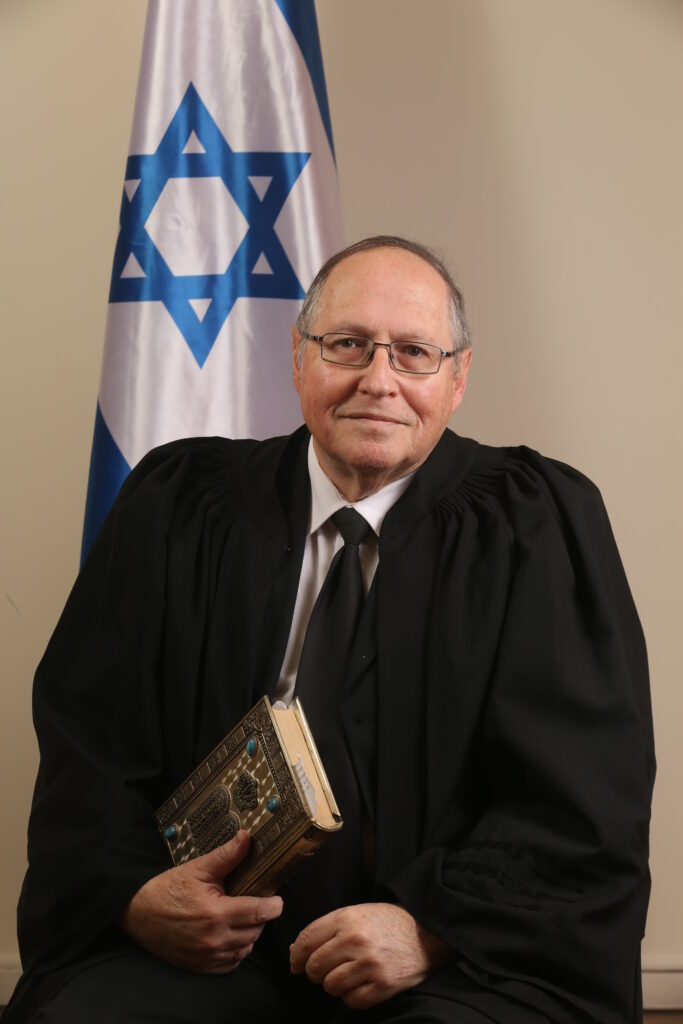June 13, 1947
Elyakim Rubinstein, whose law career leads him to diplomacy and the Israeli Supreme Court, is born in Tel Aviv.
After his military service, he earns bachelor’s and master’s degrees from the Hebrew University of Jerusalem and becomes a lawyer. Working as a legal adviser to the Defense and Foreign ministries in the mid-1970s positions Rubinstein to serve with the Israeli delegation for peace talks with Egypt from 1977 through 1979. He contributes to the 1978 Camp David Accords and the 1979 peace treaty between Israel and Egypt. He gains the rank of ambassador in 1982 and serves as the deputy chief of mission in the embassy to the United States in 1985 and 1986. He chairs the Israeli delegation to the 1991 Madrid peace conference and to the talks that produce the 1994 peace treaty with Jordan.
Rubinstein serves as a Jerusalem District Court judge from 1995 to 1997, then as Israel’s attorney general from 1997 to 2004. His investigation into the financial dealings of President Ezer Weizman in 2000 plays a role in Weizman’s resignation, although Rubinstein faces criticism for not pressing corruption charges against Prime Minister Ariel Sharon.
Rubinstein is appointed to the Supreme Court in 2004 and is named the court’s vice president in 2015. Although religious and considered a conservative justice, he writes the 2011 ruling preventing forced segregation of bus passengers by sex, and he joins the 2012 decision overturning the Tal Law, the compromise legislation granting Haredim exemptions from military service. The Knesset’s struggles to enact a replacement law split more than one ruling coalition and topple Prime Minister Benjamin Netanyahu’s government in late 2018, leading to three Knesset elections from April 2019 to March 2020.
Required by law to retire at age 70, Rubinstein leaves the court in 2017.



